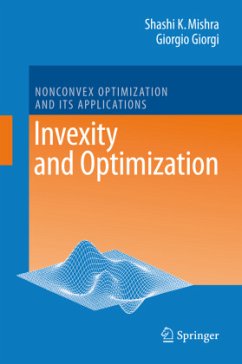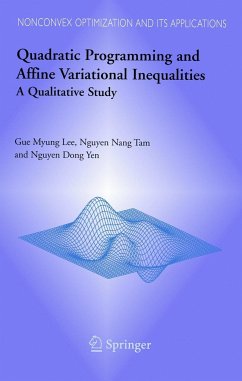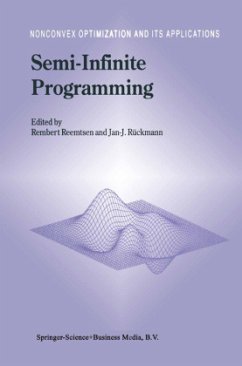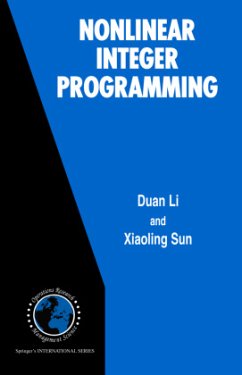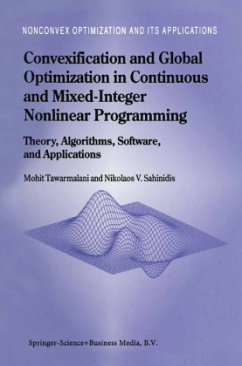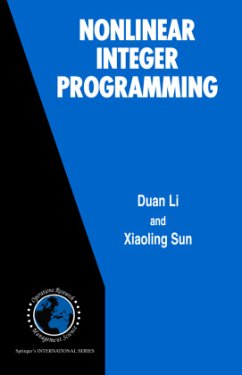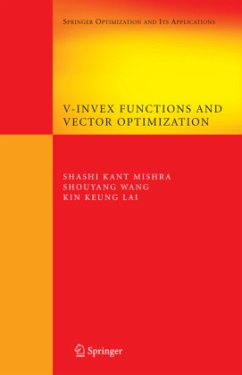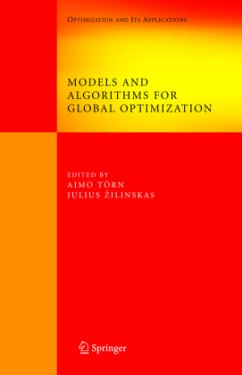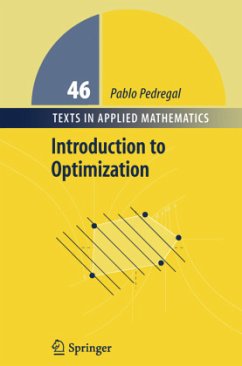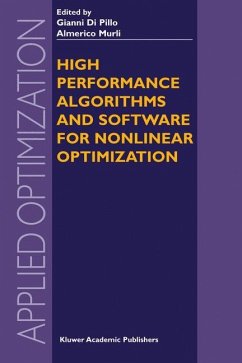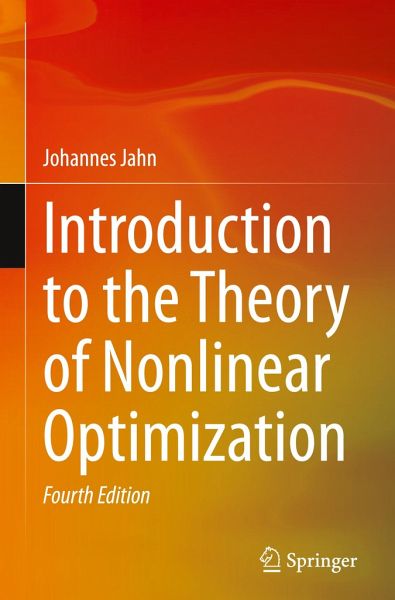
Introduction to the Theory of Nonlinear Optimization
Versandkostenfrei!
Versandfertig in 6-10 Tagen
98,99 €
inkl. MwSt.
Weitere Ausgaben:

PAYBACK Punkte
49 °P sammeln!
This book offers an introduction to optimization theory in normed spaces. The topics covered include existence results, various differentiability notions together with optimality conditions, the contingent cone, a generalization of the Lagrange multiplier rule, duality theory, extended semidefinite optimization, and an investigation of linear quadratic and time minimal control problems. The 4th edition of this book has been extensively revised and a new chapter on discrete-continuous optimization has been added. This textbook focuses on the fundamentals, with particular emphasis on their appli...
This book offers an introduction to optimization theory in normed spaces. The topics covered include existence results, various differentiability notions together with optimality conditions, the contingent cone, a generalization of the Lagrange multiplier rule, duality theory, extended semidefinite optimization, and an investigation of linear quadratic and time minimal control problems. The 4th edition of this book has been extensively revised and a new chapter on discrete-continuous optimization has been added. This textbook focuses on the fundamentals, with particular emphasis on their application to problems in the calculus of variations, approximation and optimal control theory. The reader is assumed to have a basic grasp of linear functional analysis.





